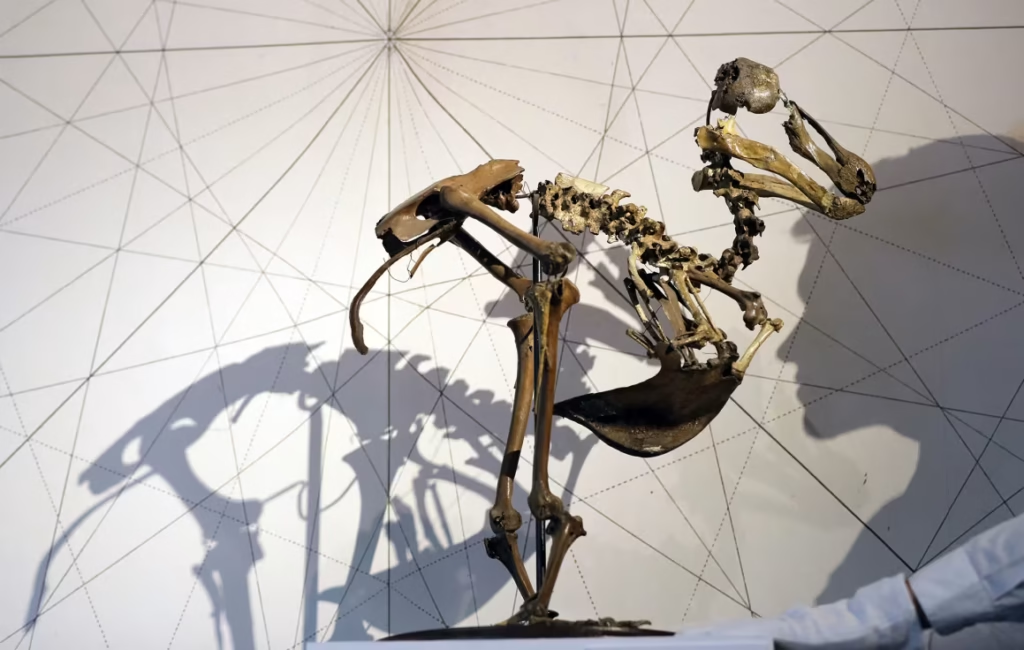The world is facing an unprecedented biodiversity crisis, with scientists warning that mass extinction is already underway across multiple ecosystems. Recent reports show that freshwater species, birds, and trees are all in alarming decline, painting a stark picture of human impact on the natural world.
A global study found that nearly one quarter of freshwater species are now threatened with extinction. Fish, shrimp, and crabs are disappearing rapidly due to pollution, over-extraction, and the destruction of wetlands. Between 1970 and 2015, wetlands were lost at three times the rate of forests, erasing habitats that are critical for water quality and climate balance.
Bird populations are also under grave threat. Experts warn that more than 500 bird species could vanish within the next century—three times the number lost over the past 500 years. Puffins, European turtle doves, and great bustards are among the species at highest risk. Scientists emphasize that recovery is possible through stronger conservation programs, including habitat restoration and captive breeding initiatives.
Trees, the backbone of ecosystems worldwide, are equally at risk. A recent assessment revealed that 38 percent of nearly 47,300 tree species face extinction. The loss of trees would ripple through ecosystems, endangering countless other species and undermining global efforts to fight climate change.
The crisis highlights the urgency of action. Freshwater species safeguard clean water, birds regulate pests and pollinate plants, and trees provide carbon storage and soil stability. Their decline threatens not only ecosystems but also human survival, food security, and economic stability.
While the outlook is grim, scientists stress that solutions remain within reach. Expanding protected areas, restoring degraded habitats, reducing pollution, and enforcing stronger international agreements could slow or even reverse the trend. What is required is immediate and coordinated global action before the losses become irreversible.


